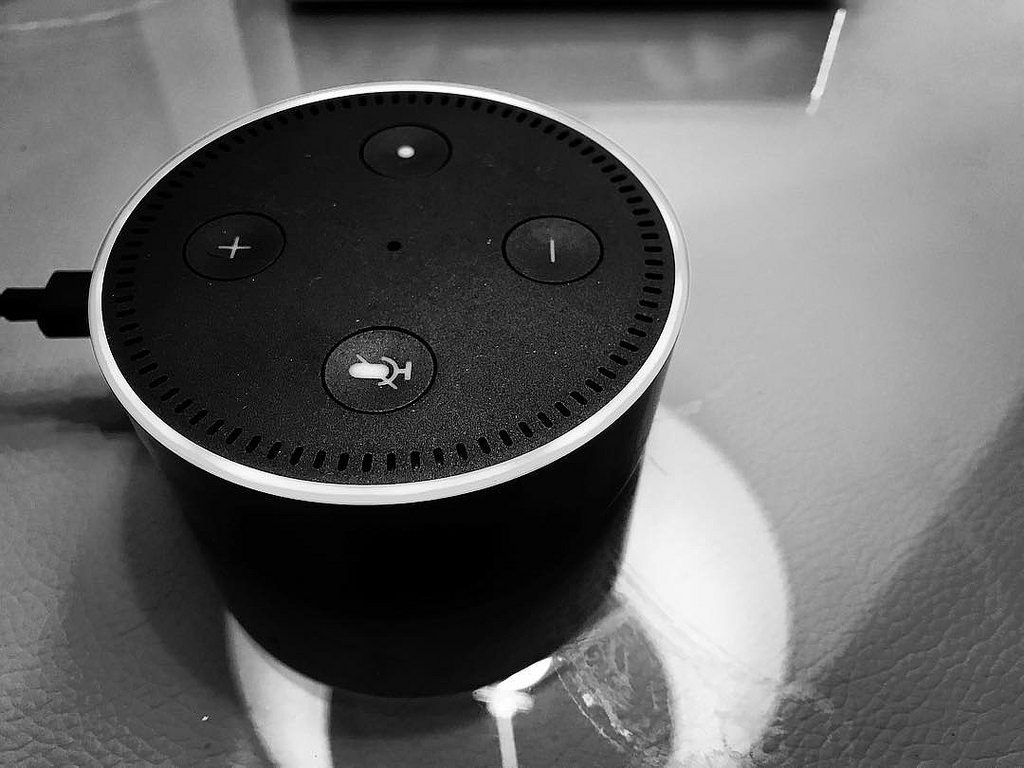Amazon Echo? Well, that’s the device leading the revolution of smart speakers. These are devices that will listen to you when you call them out, play music for you, tell you the weather, and book a taxi for you. It can also do a lot of other things, too. Amazon Echo’s skills were a measly 100 when it started; by the middle of 2017, the number was 15,000. Wow! Actually, the value is in Alexa, the virtual assistant loaded inside of the Echo. The smart speaker concept is all about giving another container for artificial intelligence to exist in. No wonder, then, that developers are looking starry-eyed toward Alexa as a possible platform that could let them create something truly scalable and value adding. If this interests you, read on because we’re going to cover the top things you need to know to become an Alexa developer.
Basics of the Alexa developer program
Terren Peterson, VP of Alexa business unit for Amazon, described it as a platform that enables people to change things with their voice. That’s a smart way to describe the platform. A would-be Alexa developer, however, needs more details, and here are some of them.
- Alexa is the platform for voice service that powers the Amazon Echo smart speaker.
- Alexa can be integrated into existing products using its application programmer interface (API) called Alexa Voice Service.
- Developers can create new Echo skills using Alexa Skills Kit.
- Developers can also use Amazon Lex Service to build conversational bots that use the same core technology as Alexa.
- Amazon Skills Kit is where the developer community’s focus is; there are three major kinds of skills they can create:
- Smart Home Skills for enabling home automation.
- Flash Briefing Skills for news and information.
- Custom Skills for all other kinds of requests.
- From the sentiments expressed by high ranking officials from Amazon, all developer platforms related to Alexa will remain free for developers for the foreseeable future.
Why is Alexa such a promising platform for developers?

The past couple of years have been a bit of a blind goose chase for developers looking for new opportunities. That’s primarily because of all the negative talk about AI’s potential to eat up jobs and make developers (at least the amateurs) unnecessary. Alexa has all the makings of a new lease on life for the developer community.
The reason for this is pretty simple to understand: It’s rare that a platform promises to alter the core method of human-technology interaction for the better. The move from hard buttons to touch-enabled devices was one such leap. The move toward voice-powered human-tech interaction is going to be another. Just don’t allow your dog to start touching screens, you may have a pizza ordered for you at 2 am!
Alexa is at the forefront of this movement. This will not only create a massive number of new job opportunities but will also enable innovative developers to quickly create nifty skills that start adding real value to end users.
Amazon’s Peterson suggests developers ask this: What can I create using a voice platform so that it adds value? That, he believes, is the golden rule for developers looking to make things big with Alexa.
Alexa is open
Amazon’s strategy to make the Alexa platform open for third-party developers has paid rich dividends. Moreover, third-party developers are a key to making the skill catalog of Alexa (and the devices it resides in) expansive. Here’s more on the kind of opportunities for developers:
- Alexa platform is open for smart home device manufacturers; these companies will need Alexa developers to use the API to connect with smart devices.
- Technically, any smart device that has a microphone and a speaker can get a new (and its first) brain via Alexa Voice Service; this opens up a massive connected devices market for an Alexa developer.
- It’s very likely that as IoT goes more and more mainstream (percolating down to SMBs and startups), the call for Alexa developers will get louder and more desperate.
- Alexa’s developer community is growing, expanding, and becoming stronger and more expressive; this means you have a reliable knowledge base already to build upon.
- Amazon itself is investing a lot of time into building visually rich knowledge base articles, enabling developers to self-learn the nitty gritty of Alexa.
An Alexa developer might want to think of himself or herself as the knowers of the “magic” that can make a device “think.” That’s exciting!
More info for developers interested in Alexa
There’s really a lot happening around Alexa, and many things have far-reaching implications for developers. Here are some important info bits for developers:
In November 2017, Amazon announced that third-party developers will be able to use the voice-recognition capabilities of the Alexa platform. This implies that developers have more opportunities in developing capabilities that recognize “who” is using Alexa and deliver personalized experiences.
Alexa champs have raised their voice about there being no options for developers to monetize their Alexa skills (for instance, there is no option to “sell” Alexa skills in a marketplace). Developers, hence, need to look for opportunities to drive value to existing products and businesses, to be remunerated for their Alexa developments. Who doesn’t want to get rewarded for their knowledge?
If you want to be an Alexa developer, you don’t need a background in natural language processing (NLP) or voice technologies to work with Alexa. Even going through a few basic beginners’ tutorials for Alexa will bring them up to speed in terms of having a working knowledge of these technologies.
At CES, several manufacturers showed off their devices’ integrations with Amazon Alexa. That’s a surefire indication that the future of Alexa will be a lot about integration with other platforms, which makes “integration” a key focus area for developers looking to build a mini-career in this direction.
Alexa is talking to you
Alexa isn’t locked inside a phone. Alexa is open. Alexa is inexpensive to own and free to develop on. Alexa is the talk of the cybersphere. Do developers need any more reasons to love it already? Now it’s up to you to build and expand your Alexa developer skills to make the most of the opportunities provided by the platform.
Photo credit: Amazon



